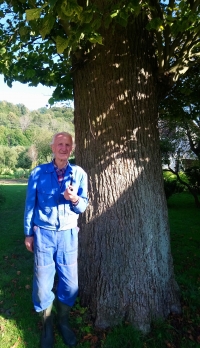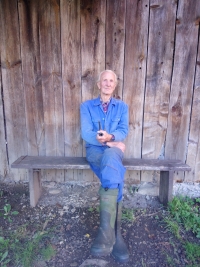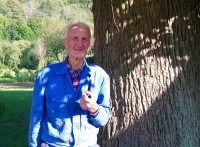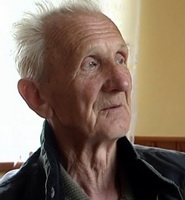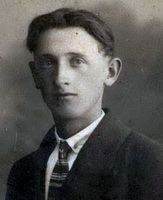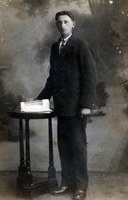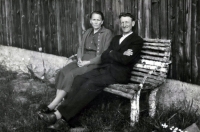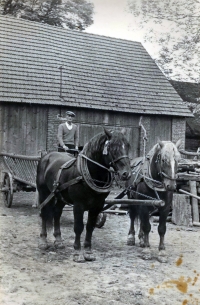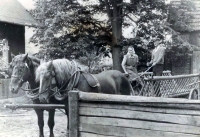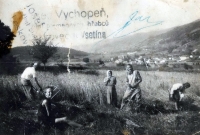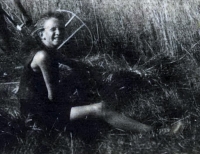One thing should persist, at least in my view: every human activity must be guided by caring for the nature
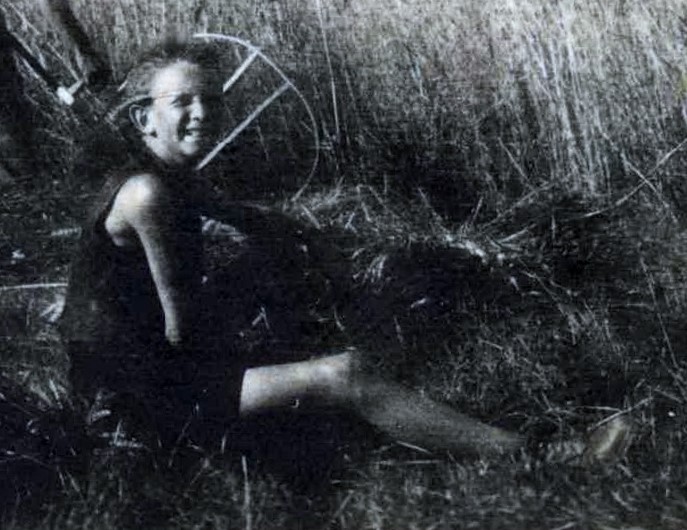
Download image
Josef Vychopeň was born on the 13th of December in 1928 in Leskovec near Vsetín in the Wallachia region. He and his two siblings were raised by their parents, Josef and Anna. The Vychopeň family farmed on seven hectares of farm land and they tended to the same area of forest. They also raised horses. At the end of the WWII, his father started helping the resistance movement and he witnessed the burning of the mill and the executions of the Juříček family. The tragedy in which Jan and Františka and their three children perished in the hands of the Gestapo deeply touched the young boy. After WWII, he attended the Secondary School of Agriculture in Rožnov, he tended to the family land and played football competitively. Between 1951 – 1953, he served in the army, in part in Slovakia in the border patrol. From the second half of the 1950‘s, he worked in agriculture, in the Agricultural Cooperative Leskovec, in the State Farm Valašské Meziříčí and in Agricultural Cooperative Valašské Kotáry [Wallachian Hills]. He worked there as an agriculturist, later as the main expert on animal husbandry. After 1989, he started tending to his own land again. He still (2020) lives on the smallholding where he was born.
